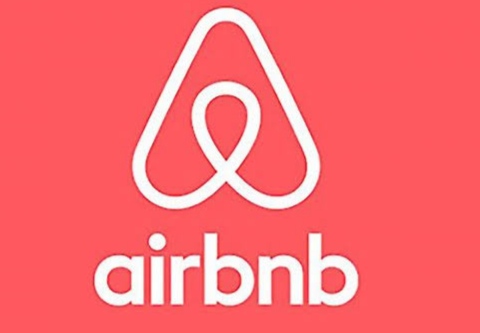According to Airbnb, it is “disappointed” with the NSW government’s new laws, which may reduce the number of short-term rentals permitted in the Byron Shire by the summer of 2019.
A 60-day limit on some short-term rentals in Byron will be implemented starting on September 26, 2024, in an effort to reduce the intense pressure on the local property market.
The NSW government hopes the move would assist long-term residents and important workers who have been priced out of the coastal hub. The start date was announced this morning.
Michael Crosby, head of public policy for Airbnb Australia and New Zealand, claimed that the decision will have “significant repercussions on the local visitor economy, harming jobs and small businesses.”
Family vacation homes have welcomed visitors to the neighborhood for years for weekend vacations, school breaks, and significant occasions like Splendour (In The Grass), according to Crosby.
Many of these residences won’t likely ever be put on the market for long-term rentals and will probably be vacant for the rest of the year after the 60 nights they can be rented.
“Short-term rentals aren’t the reason behind the housing crisis, but we think there is more we can do to help make a difference, like advocating for laws that encourage the construction of new housing,” the statement reads.
The idea is that limiting the number of days a property can be listed with Airbnb, Stayz, and other short-term operators will persuade some landlords to switch back to conventional long-term leases.
The Independent Planning Commission of the state made the 60-day limit one of its main recommendations.
Paul Scully, minister of planning and public spaces, stated that it was “well known” that the Byron Shire has experienced a long-standing shortage of housing, particularly varied and cheap accommodation.
He referred to short-term rentals in Byron as “a complex matter” and emphasized the “particularly acute” affordability pressures there.
Given the region’s special and peculiar circumstances as one of Australia’s most popular tourist destinations, he added, “it is imperative that housing supply shortages be addressed and more homes are returned for permanent residency, particularly to have workers in the visitor economy.”
Byron Shire Council had first recommended lowering the 180-day limit for non-hosted short-term rentals to 90 days in several areas of its local government area.
However, the Independent Planning Commission of the state government went further and suggested that the cap be increased to 60 days in order to convey a stronger market signal and promote a significant shift.
The new rules do not apply to hosted short-term rentals, when the host lives on the property throughout the guest’s stay.
Council decided to operate without a cap in a few precincts in Byron Bay and Brunswick Heads with a lot of tourist attraction, permitting year-round use.
According to Scully, the 12-month transition period will give the community and industry time to get ready before the new laws are implemented in time for the summer of 2024/25.
Byron’s cap is a result of new legislation in Victoria that taxes short-term lodging in an effort to address the housing problem.
A 7.5% tax on short-term rental income will be implemented starting in 2025, with the money earned going toward social and affordable housing.
The housing situation in Byron will be closely monitored by other authorities.
Byron has long been a popular destination for both domestic and foreign tourists because of its breathtaking coastline environment.
Before the epidemic, estimates put the annual number of tourists at around two million, spending hundreds of millions of dollars.





